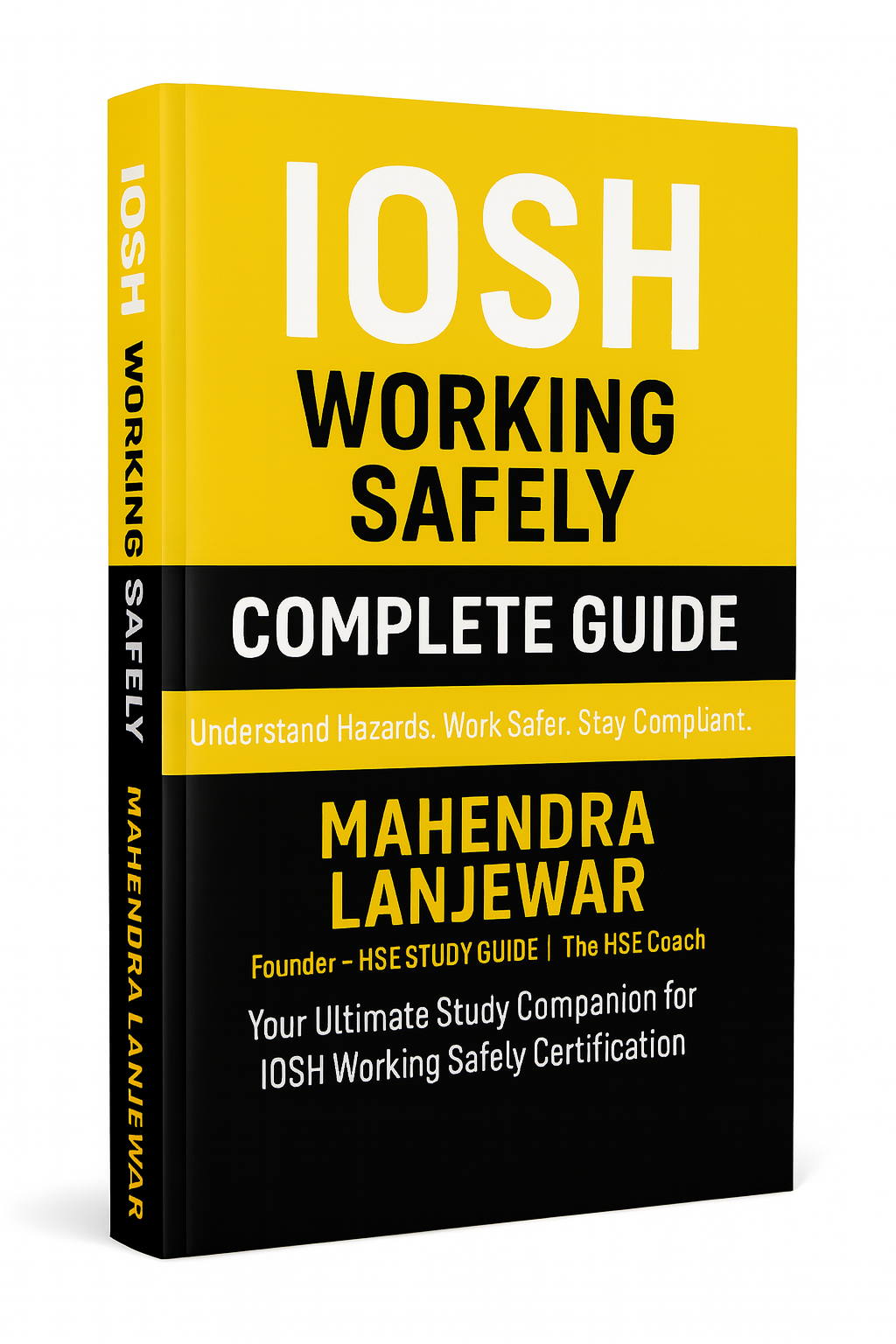
Introduction
Safety Officer Salary : Safety officers play a crucial role in ensuring the well-being of employees and the overall safety of workplaces. As businesses become more aware of the importance of workplace safety, the demand for qualified safety officers has been steadily increasing. If you are considering a career as a safety officer, it’s essential to understand the factors that influence salaries and the opportunities for career growth. In this article, we will explore the ins and outs of safety officer salaries and everything you need to know before embarking on this career path.
The Role of a Safety Officer
Before delving into salary details, it’s essential to grasp the responsibilities of a safety officer. Safety officers are responsible for creating and implementing safety protocols, conducting risk assessments, and ensuring compliance with health and safety regulations. They work to prevent accidents and injuries by conducting regular inspections, providing safety training to employees, and investigating incidents.
Qualifications and Certifications
To become a safety officer, you typically need a bachelor’s degree in occupational health and safety, engineering, or a related field. In addition to formal education, certifications such as the Certified Safety Professional (CSP) or Occupational Health and Safety Technologist (OHST) can boost your career prospects and salary potential.
Factors Affecting Safety Officer Salary
Experience and Expertise
As with most professions, experience plays a significant role in determining a safety officer’s salary. Seasoned safety officers with several years of experience often command higher salaries due to their in-depth knowledge and proven track record in ensuring workplace safety.
Industry Type
The industry you work in can also impact your salary. Safety officers in high-risk industries such as construction, mining, and manufacturing tend to earn higher salaries compared to those in lower-risk sectors.
Company Size
Larger companies with more employees and greater safety concerns may offer higher salaries to attract top-tier safety officer talent.
Geographic Location
Salaries for safety officers can vary significantly based on the geographic location of the job. Regions with a high demand for safety officers and a limited supply of qualified professionals often offer more competitive salaries.
Educational Background
Advanced degrees and additional certifications can lead to higher pay for safety officers. Employers value continuous education and specialized knowledge in this field.
Average Salary Range for Safety Officers
On average, safety officer salaries range from $50,000 to $80,000 per year. However, this can vary based on the factors mentioned above. Entry-level positions may offer salaries closer to the lower end of the range, while experienced safety officers in high-demand industries and locations can earn salaries toward the upper end or even beyond.
Opportunities for Career Advancement
A career as a safety officer can be rewarding and offer opportunities for advancement. Safety officers may progress to supervisory or managerial roles, where they oversee a team of safety professionals. Additionally, some safety officers choose to specialize in specific industries or areas of safety, which can lead to higher salaries and more job opportunities.
Benefits and Perks
Aside from competitive salaries, safety officers often enjoy additional benefits and perks, such as health insurance, retirement plans, paid time off, and opportunities for professional development. These benefits can enhance the overall compensation package and improve job satisfaction.
Job Satisfaction and Challenges
Safety officers often find fulfillment in knowing they play a vital role in protecting others from harm. However, the job can come with challenges, including handling complex safety issues, ensuring compliance, and effectively communicating safety protocols to employees.
In-Demand Industries for Safety Officers
Several industries have a high demand for safety officers due to the nature of their operations. Construction, manufacturing, energy, transportation, and healthcare are some of the sectors where safety officers are in demand.
How to Negotiate Salary as a Safety Officer
Negotiating salary can be intimidating, but it’s an essential skill to master. Research industry standards, know your worth, and highlight your qualifications and achievements during negotiations to secure a competitive salary.
Tips for Aspiring Safety Officers
For aspiring safety officers, gaining relevant experience through internships or entry-level positions can be beneficial. Networking with professionals in the field and pursuing additional certifications can also strengthen your resume and increase your employability.
Future Outlook for Safety Officer Salaries
As businesses continue to prioritize employee safety and government regulations evolve, the demand for safety officers is expected to grow. Consequently, the salaries for qualified safety officers are likely to remain competitive and may even see an upward trend in the future.
Conclusion
Becoming a safety officer can be a fulfilling career choice for those passionate about promoting workplace safety. With the right education, experience, and certifications, you can embark on a rewarding journey in this field. Remember to continuously update your skills, stay informed about industry trends, and be proactive in seeking career advancement opportunities.
FAQs
- Q: What qualifications do I need to become a safety officer?
- A: A bachelor’s degree in occupational health and safety or a related field is typically required, along with relevant certifications.
- Q: Are safety officers in high demand?
- A: Yes, safety officers are in high demand, especially in industries with inherently higher risks.
- Q: Can safety officers advance to managerial roles?
- A: Yes, with experience and additional qualifications, safety officers can progress to supervisory or managerial positions.
- Q: What industries hire safety officers the most?
- A: Industries such as construction, manufacturing, energy, transportation, and healthcare often have a high demand for safety officers.
- Q: How can I negotiate a competitive salary as a safety officer?
- A: Research industry standards, highlight your qualifications, and be confident in presenting your value during negotiations.






















Fire and safety Supervisor
Good
Good!